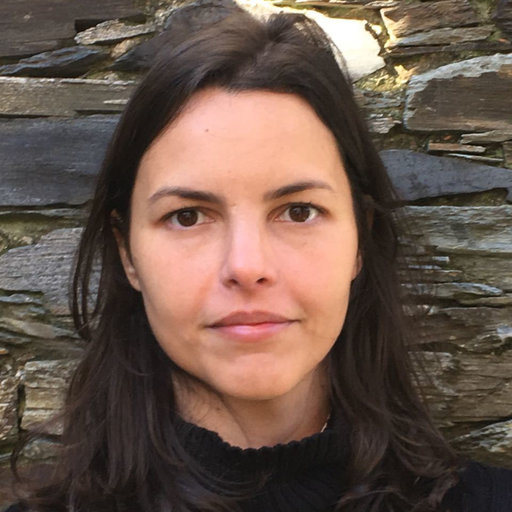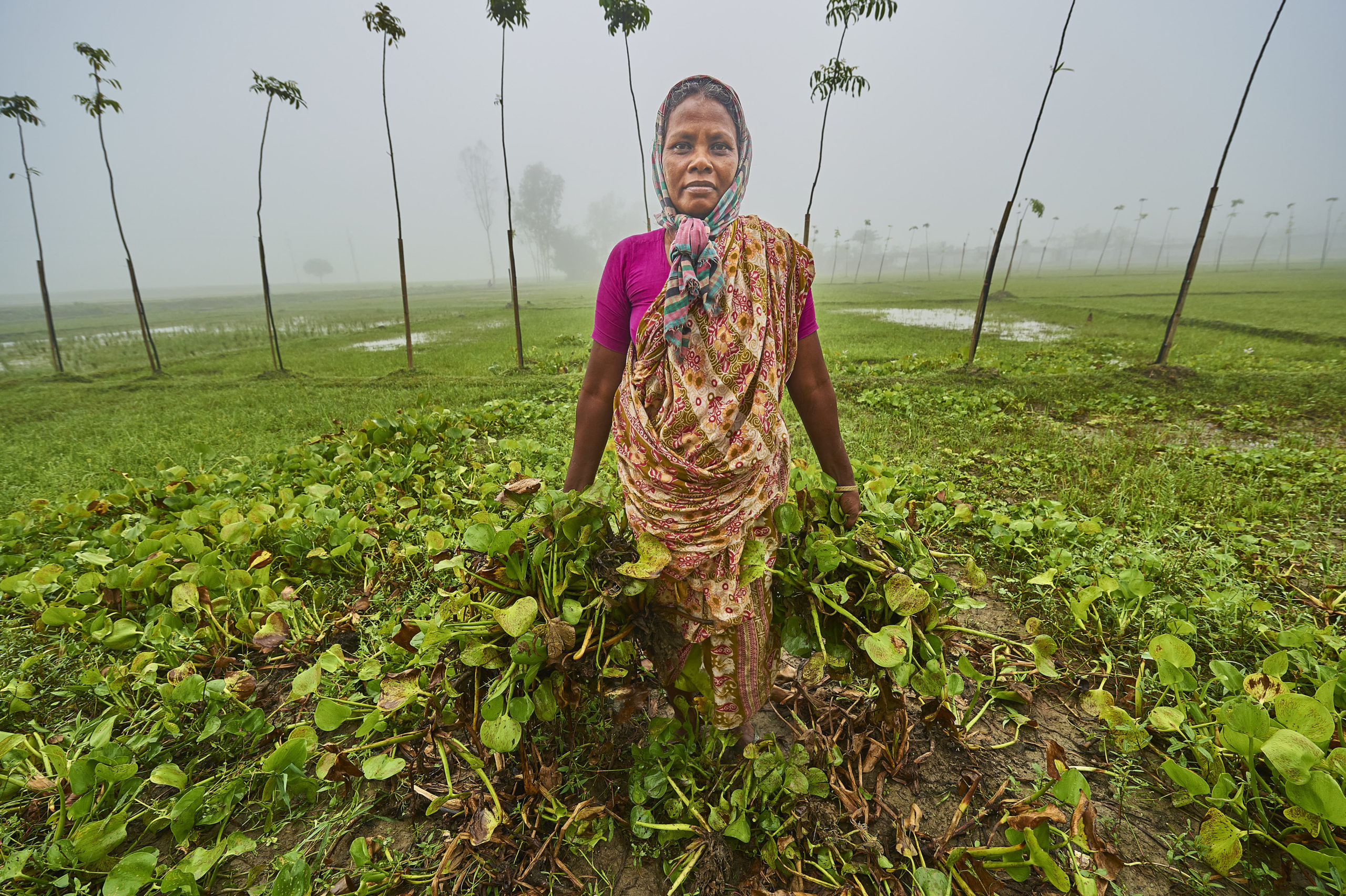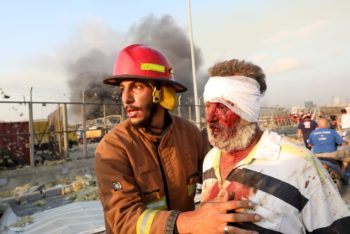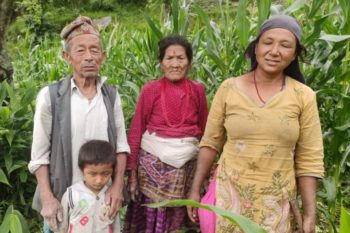Through the ACT Alliance’s Global Response to the COVID-19 Pandemic, ACT continues to respond to the needs of affected individuals, families and communities around the world.
ACT members PELKESI, YAKKUM Emergency Unit (YEU) and the Center for Disaster Risk Management and Community Development Studies (CDRM & CDS), share two human impact stories from communities that they have supported during the pandemic. In line with ACT’s commitment to the Localisation Agenda, national ACT members are working with local partners, churches, faith actors, and governments to support the most vulnerable.
The first story highlights the impact of ACT member CDRM & CDS through their support to 38-year-old Mrs Jernita Sababalat, a small store owner from the Makukuet Hamlet of Matobe Village, Indonesia. Despite her disabilities and being a mother of three children, the support provided by CDRM & CDS has allowed Mrs Jernita to continue to work in her store and provide for her family amidst the difficulties that they face during COVID-19.
 Mrs Jernita is one of the many women who received support from CDRM & CDS back in 2016 to set up her store, which, serves as an important source of income for her family. Today, CDRM & CDS continues to support the Matobe Village, this time raising awareness of COVID-19 and sharing transmission prevention tools and strategies.
Mrs Jernita is one of the many women who received support from CDRM & CDS back in 2016 to set up her store, which, serves as an important source of income for her family. Today, CDRM & CDS continues to support the Matobe Village, this time raising awareness of COVID-19 and sharing transmission prevention tools and strategies.
“First, I heard about the Corona Virus through the TV/media. More and more people were infected and died. This situation scared our family of being infected by the deadly virus,” said Ms Jernita. “We got more scared and decided not to go out because we did not want to get infected,” she said.
Mrs Jernita’s family is one of the many who received informational materials and personal hygiene tools including buckets, soap and masks. “It is not because the virus is no longer dangerous, but the health information and personal hygiene kits make me and my family less worried of being infected as long as we follow the recommendations of CDRM & CDS,” said Mrs Jernita.
Mrs Jernita’s husband echoed sentiments of gratitude to the ACT member, “thank you very much to CDRM & CDS for sharing information on how to prevent COVID-19. More communities are aware of prevention techniques. Thus, I am calmer now,” he said.
The second story sheds light on the work conducted by ACT member YEU in supporting female-headed families, persons with disabilities, the elderly, and those with chronic illnesses.
Ms Mugiyem is a 76-year-old woman who harvested rice, cassava and peanuts. While some of her harvests were unsuccessful, others have been destroyed by monkeys. The destroyed crops, along with worsening pain in her knees, which have left her unable to work her farm and in need of support.
She has not sought medical assistance due to a lack of funds for the treatment and has also been worried about the risk of contracting COVID-19 at the Community Health Center.
Ms Mugiyem’s is one of 150 families that received cash-transfer assistance during the pandemic. Through a cash transfer program supported by ACT member YEU in collaboration with the local church, she received Rp.600.000 (approximately USD 41), enough to seek the necessary treatment for her knees and some needed household items.
 “I used the money to buy things for my daily needs, such as seasoning, and clothes for my daughter. I also used the money to pay for the treatment for my knee. Before I received this assistance, I did many things to meet my daily needs, but this assistance has helped me a lot,” she said.
“I used the money to buy things for my daily needs, such as seasoning, and clothes for my daughter. I also used the money to pay for the treatment for my knee. Before I received this assistance, I did many things to meet my daily needs, but this assistance has helped me a lot,” she said.
These stories have been adapted from Human Impact Story, July 2020. The full stories are available here.




 Mrs Jernita is one of the many women who received support from CDRM & CDS back in 2016 to set up her store, which, serves as an important source of income for her family. Today, CDRM & CDS continues to support the Matobe Village, this time raising awareness of COVID-19 and sharing transmission prevention tools and strategies.
Mrs Jernita is one of the many women who received support from CDRM & CDS back in 2016 to set up her store, which, serves as an important source of income for her family. Today, CDRM & CDS continues to support the Matobe Village, this time raising awareness of COVID-19 and sharing transmission prevention tools and strategies.
 “I used the money to buy things for my daily needs, such as seasoning, and clothes for my daughter. I also used the money to pay for the treatment for my knee. Before I received this assistance, I did many things to meet my daily needs, but this assistance has helped me a lot,” she said.
“I used the money to buy things for my daily needs, such as seasoning, and clothes for my daughter. I also used the money to pay for the treatment for my knee. Before I received this assistance, I did many things to meet my daily needs, but this assistance has helped me a lot,” she said.